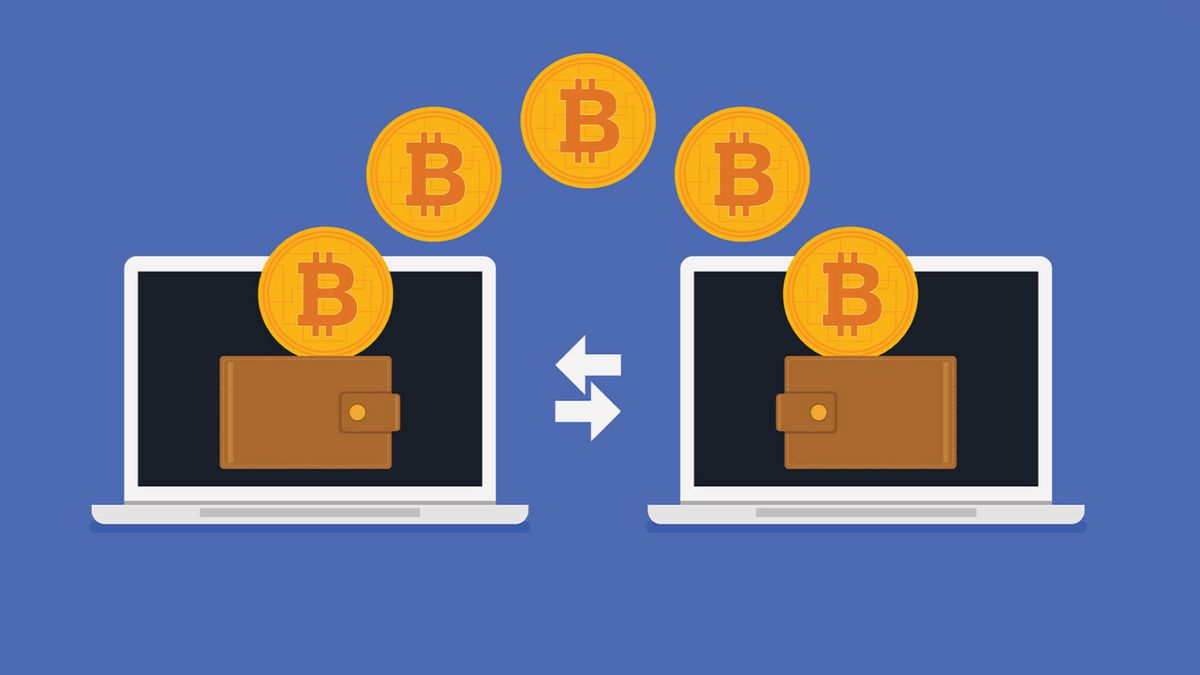How Long Does Bitcoin (BTC) Transactions Take?
Bitcoin (BTC) remains the most recognized and widely adopted digital currency. From investing and trading to everyday purchases, Bitcoin has changed the way people think about money and finance. But one of the most frequently asked questions by both beginners and seasoned users alike is: How long do Bitcoin (BTC) transactions take?
Compared to a normal banking transaction, the procedures in processing a Bitcoin (BTC) transaction are somewhat different, even though both transactions tackle a similar action of sending money from one place to another, the technology behind each of them differs a lot.
In this comprehensive guide, we’ll break down all the important details you need to know about how long BTC transactions take, what factors influence their speed, and how you can optimize your experience for faster confirmations. So, let’s quickly proceed.
How Long Does a BTC Transaction Take?
A typical Bitcoin transaction takes anywhere from 10 minutes to 1 hour, depending on network congestion and transaction fees. Ideally, the fastest time it takes for a BTC transaction to complete is 10 minutes while undergoing just a confirmation.
When a transaction takes more than 10 minutes, not exceeding an hour to complete, it is usually tagged to have been processed under an average time while completing 1 to 6 confirmations. In some cases, it might take several hours or days if the fees are quite low, with the network being congested.
How Bitcoin Transactions Work
Before we look at the exact time frames, it helps to understand how a Bitcoin transaction works, which will help you comprehend the mechanics involved in processing a BTC transaction:
- The transaction initiation is carried out by the sender, who specifies the input, output, amount, and fee.
- The transaction is then broadcast to the network for validation once they have clicked on send
- Upon validation, these transactions are added to the memory pool (mempool), a temporary waiting room
- Miners group pick up the transaction from there (they usually prioritize high-fee transactions) and bundle the transaction into a block
- They further mine the block by solving a complex computational problem, also considered to be proof of work
- With the block being mined, it will be added to the blockchain with a confirmation of every included transfer
Each block is added to the chain roughly every 10 minutes on average. The number of confirmations your transaction receives indicates how deeply embedded it is in the blockchain.
You must have noticed us mentioning confirmation while explaining how the transaction works, but what exactly are these confirmations? What do they mean? Well, a transaction with a single confirmation tells that the bitcoin was included in the most recent block.
3-6 confirmations portray that the transaction was secured, and this often happens. Lastly, the 6+ confirmations are standard for high-value or irreversible transactions.
Factors That Affect BTC Transaction Time
Several key elements impact how long your Bitcoin transaction will take, and they are:
1. Network Congestion
When the Bitcoin network is busy (i.e., many people are sending BTC at once), the mempool, the list of unconfirmed transactions, can become backed up. This results in a longer wait time and high transaction fees.
During high demand (e.g., bull runs or major crypto events), confirmation times can increase significantly.
2. Transaction Fee
BTC uses a fee market. Users attach fees to transactions to incentivize miners to include them in the next block; hence, a higher fee results in faster confirmation, and a lower fee may wait hours or days.
Most wallets today suggest a fee based on current conditions, but you can choose to set it manually.
3. Block Size Limits
Each Bitcoin block has a size limit of 1 MB. Since each transaction takes up space, only a limited number of transactions can be included per block. This limitation can lead to bottlenecks during high traffic periods.
4. Transaction Size (in bytes)
Not all transactions are the same size. The more inputs and outputs, the more data your transaction carries, meaning it takes up more space in a block and may cost more in fees.
Can BTC Transaction Time Speed Up?
Yes, for sure, Bitcoin transaction time can be sped up. In a case of being in a hurry, consider the following strategies:
1. Use Higher Fees
Most wallets calculate and suggest a dynamic fee based on current network conditions. Opting for the “high priority” fee ensures faster inclusion.
2. Use SegWit or Lightning Network
SegWit (Bech32 addresses) reduces transaction size, saving fees and increasing speed at the same time. On the other hand, Lighting Network allows near-instant BTC transactions but requires a separate setup.
3. Replace-by-Fee (RBF)
If your wallet supports RBF, you can resend the same transaction with a higher fee, giving it a better chance of being picked up by miners.
4. Child Pays for Parent (CPFP)
If an unconfirmed transaction is blocking your funds, you can send a second transaction using those funds with a high fee to incentivize miners to confirm both.
Cheap Remote Crypto Mining for you – Click Here
FAQs
What is the fastest way to send Bitcoin?
Using the Lightning Network or sending with a high fee during low congestion periods.
Is a Bitcoin transaction instant?
No. It requires at least one confirmation (approximately 10 minutes) to be considered processed.
Can a BTC transaction be canceled?
Only if unconfirmed and your wallet supports RBF or other advanced features.
How do I check my Bitcoin transaction time?
Use a blockchain explorer like blockchain.com or mempool.space.
What’s a good transaction fee for fast confirmation?
This varies, but generally 100+ sat/vB ensures confirmation in the next block.


